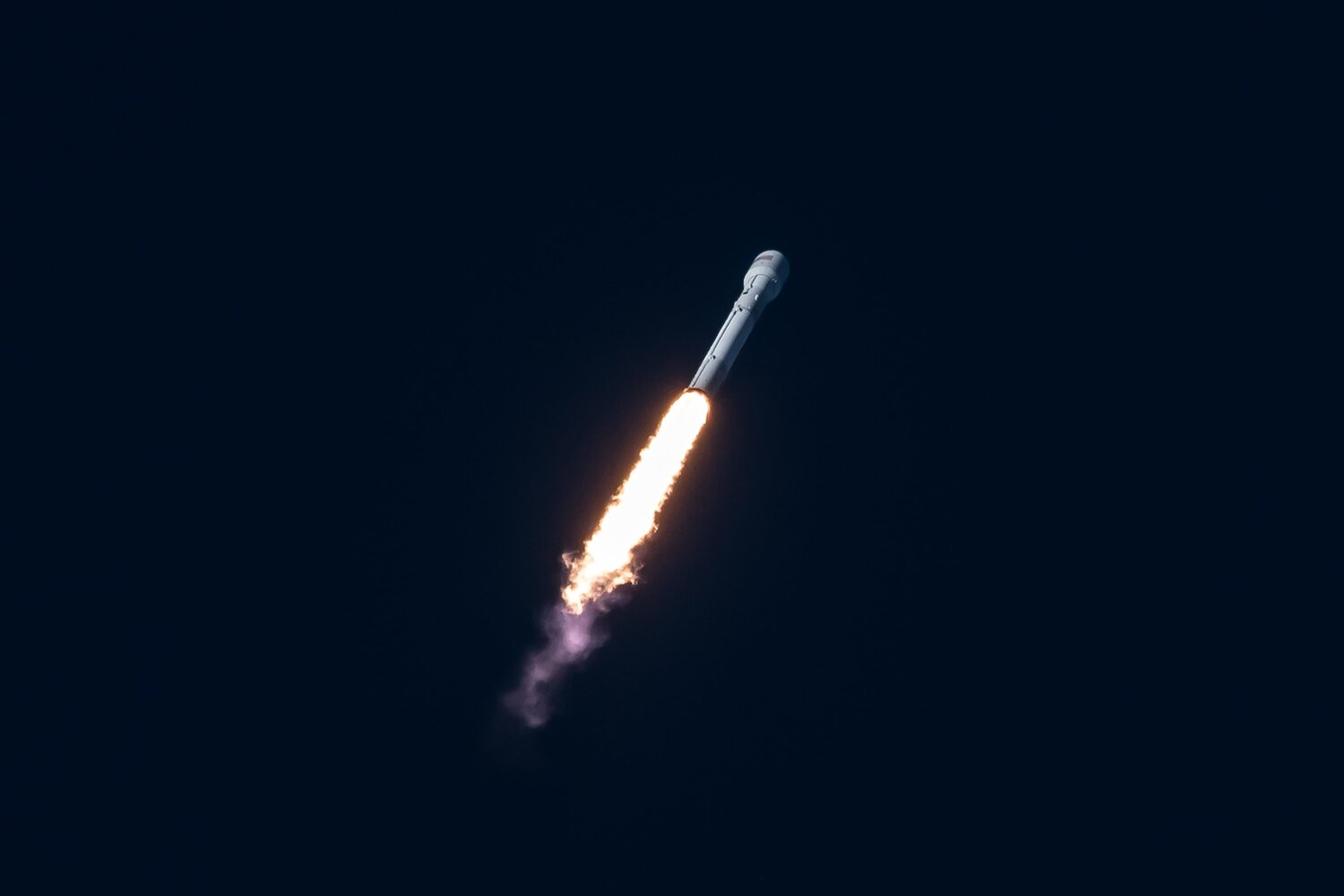Taking the moonshots on Earth before venturing into space
26 January 2021
Earlier this month, Elon Musk was announced as the richest person on Earth, reaching a net worth of over $185bn. Responding to the news, Musk took to Twitter to ask his followers what they felt he should do with his amassed wealth, writing: “critical feedback is always super appreciated, as well as ways to donate money that really make a difference (way harder than it seems).”
Musk is right to question how to invest his wealth in a way that will really make a difference. Many High-Net-Worth Individuals will either not be interested in philanthropy at all, or else if they do engage in philanthropic giving, it will be more like charity or patronage– signing cheques to multiple organisations and often using it predominantly as a reputation-boosting exercise.
However, private philanthropy does have the power to truly change lives. Unlike institutional bodies, like governments or corporations, private philanthropists can afford to take greater risks to solve more complex social problems over a longer time frame.
To put it into an analogy – risk-taking capital is like fresh water to a sailor stuck in the middle of a saltwater sea. While there is a lot of water around you, drinking sea water to quench your thirst is counterproductive and may even be fatal.
There is a distinct lack of fresh water (i.e. risk-taking capital) and an overabundance of saltwater (i.e. risk-averse capital). In stepping up and making more risk-taking capital available to the wider social entrepreneurial community, private donors can use their position to more efficiently and quickly cause and create radical change and improve upon the systems that serve us today.
In essence, philanthropists are able to take the moonshots. Moonshot philanthropy is leveraging wealth as a unique superpower of the High-Net-Worth community to fund high-risk, out-of-the-box ideas in the search of scalable solutions to many of the great challenges we face today.
Crucially, this philanthropy involves more than just signing big cheques. It involves putting in time and energy as well as funds and developing domain expertise on an issue to be able to make high-risk high-reward investments to address it.
We have seen the power that this philanthropy has throughout the coronavirus pandemic. From Bill Gates’s Covid-19 therapeutics accelerator to The Commons Project and Rockefeller Foundation’s funding of digital Covid-19 vaccination passports – these philanthropists are using their expertise in a chosen field, particularly Bill Gates’ expertise in vaccines, to fund research into ideas that can be scaled into global solutions.
I have found this approach effective in my own philanthropic journey tackling the issue of poor vision. I was first captivated by the issue when discovering that 2.2 billion people in the world have unaddressed poor vision – and for 1 billion this could be solved with a simple pair of glasses, an invention that has been around for 700 years. I chose to invest my energy into addressing this issue and building up domain expertise to inform my investments.
In founding Vision for a Nation, I took a risk to invest in developing a model to deliver affordable eye screening and glasses to address the poor vision crisis in developing nations. This was then scaled into a nationwide programme, with Rwanda becoming the first developing nation to be able to offer affordable eyecare to all its citizens.
I then founded the Clearly campaign to highlight the importance of vision correction as the golden thread to achieving the sustainable development goals and funded a peer reviewed research project quantifying the impact of vision correction on agricultural productivity with tea pickers in India.
This is the real power of private philanthropy – to work with governments and wider organisations by providing funding in the riskier stages where it is most needed and least available.
As an entrepreneur, Elon Musk is known for taking risks and acting on ambitious ideas – ideas which have enabled him to amass so much wealth in the first place. As well as Tesla, he is also known for SpaceX and I have often said that if his ambition is to put people on Mars by 2030, then everyone on Earth should be able to see it, Clearly.
If Elon Musk wants advice on how to invest his wealth for greatest impact, he might reflect on his own experience as an entrepreneur and the value of early high risk capital to his success now. Then find an issue that he’s passionate about, envision how the world might be a better place by addressing it and invest risk capital into one day making that vision a reality.
Musk might be set on his ventures into space, but there are plenty of moonshots still to be taken on Earth. This is where he can really make a difference.

